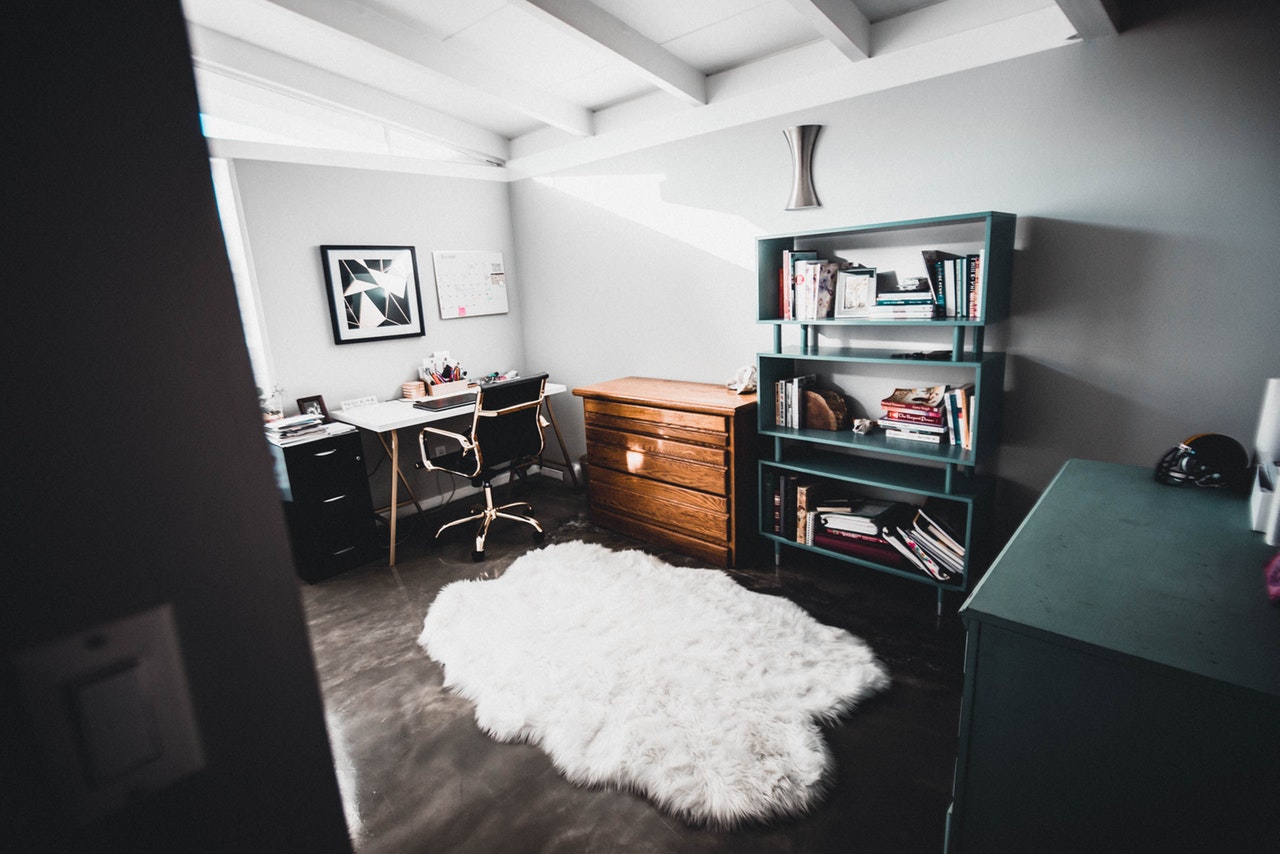Business owners working from home may save significant amounts of money on their taxes. They can do this by using home office deduction. But this is only true if they meet the standards of the IRS and maintain proper records.
When you frequently and primarily use part of your home for business-related activities, the IRS lets you write off all rent, utilities, property taxes, repairs, maintenance, and other related expenses. Taxpayers who use the standard method must calculate the actual expenses of their home office instead of the alternative method. Expenses may include interest on mortgages, insurance, electricity, maintenance, and depreciation.
Usually, deductions for a home office are based on the percentage of your home spent on business usage when using the standard form. So, if you are using an entire room or part of a place to conduct your business, you need to find out the percentage of your home devoted to your business. Here are some of the most crucial details you need to know about home office deductions on your taxes.

Requirements
For your home to qualify as a deduction, there are two considerations that must be fulfilled:
- You have to use part of your home exclusively for business performance and you have to do so regularly. For example, if you are using an extra room to run your business, you can take a deduction for that extra room from your home office.
- You have to show you are using your home as your principal place of business. If you do business at a location outside your home but also use your home to conduct business significantly and frequently, you may still qualify for a home office deduction.
For instance, if you have meetings in person with patients, employers, or customers in your home during the ordinary course of your life you can use this deduction. Despite the fact that you also conduct business elsewhere, you can subtract the expenses for the portion of your home that is used solely and frequently for business.
If you use it primarily and frequently for your company, you can deduct expenses for a separate freestanding building, such as a workshop, garage, or barn. The arrangement just has to be your principal place of business, not the only place you meet patients, customers, or clients.
Main Qualifications
Regardless of whether you own a home or rent, you can assert the deduction. An apartment, a condo, a single-family home, or a houseboat can all qualify. However, it can not be used for a hotel or other temporary accommodation.
The deduction guidelines for home offices often extend to freestanding structures. So long as the agreement complies with the “exclusive and daily use” criteria, you can use a workshop, garage, or barn space as your home office.
How To Determine The Deduction
With a more straightforward method, you don’t have to subtract actual costs. You simply subtract the square footage of your room by a specified amount. The price is $5 per square foot for room space up to 300 square feet.
The standard, more demanding approach values your home office by comparing real expenditure against your total spending in residence. You will exclude interest on mortgages, wages, repairs and maintenance, insurance, and other spending. However, it is always best to consult a tax professional about these matters.
Conclusion
Deductions for a home office are generally based on how much of your house is used for commercial purposes. So, if you are using an entire room or half of a place to conduct your company, you need to find out the percentage of your home allocated to your business. For more career and business tips at home, click here.
Also read – Check Out the Best Online Tax Service for Freelancers

